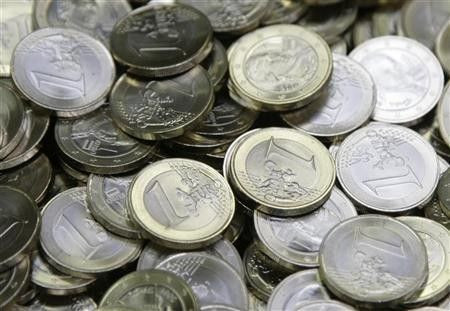Eurozone GDP growth slows in Q3

Economy in both the euro area and the EU27 grew at a much slower pace in the second quarter, according to the second estimate by Eurostat, the official statistical office of the European Union.
GDP in the euro area grew by 0.3 percent, while the EU27 grew 0.5 percent in the third quarter. In the second quarter, the economy grew 1 percent in both the regions.
However, compared to 2009, GDP rose by 1.9 percent in the euro are and 2.2 percent in the EU27, the report said.
Sweden, Luxembourg and Poland saw the highest growth rates during the quarter.
Household final consumption expenditure rose marginally in the third quarter by 0.1 percent in the euro area and 0.2 percent in the EU27. Exports grew by 1.9 percent in both the zones, while imports also rose by 1.5 percent in the euro area and 1.7 percent in the EU27.
We expect Eurozone growth to be relatively muted overall during 2011 in the face of significant headwinds, most notably significant fiscal tightening increasingly kicking in and persistent sovereign debt problems, Howard Archer, an economist at IHS Global Insight, said in a note.
Meanwhile, higher oil, commodity and food prices are an increasing threat to Eurozone growth prospects through pushing up companies' costs and squeezing consumers' purchasing power, he added.
The upside for consumer spending will also be limited, given the high unemployment rates in the eurozone, Archer said in the note, adding that Germany could be an exception.
Germany is one of the few regions in the eurozone that has seen strong economic growth. Unemployment rates have remained low at 7.5 percent.
However, even Germany saw a slowdown in GDP growth rate in the third quarter at 0.7 percent, down from 2.3 percent in the second quarter.
Any marked pick up in German spending would obviously be welcome news for the rest of the Eurozone, Archer said.
The problem is though that in recent years German consumers have always seemed to find some reason not to significantly step up their spending - but there are some encouraging signs that they are now becoming more willing to spend, he added.
IHS expects Eurozone GDP growth to moderate to 1.5 percent in 2011 from an estimated 1.7 percent in 2010.
© Copyright IBTimes 2024. All rights reserved.




















